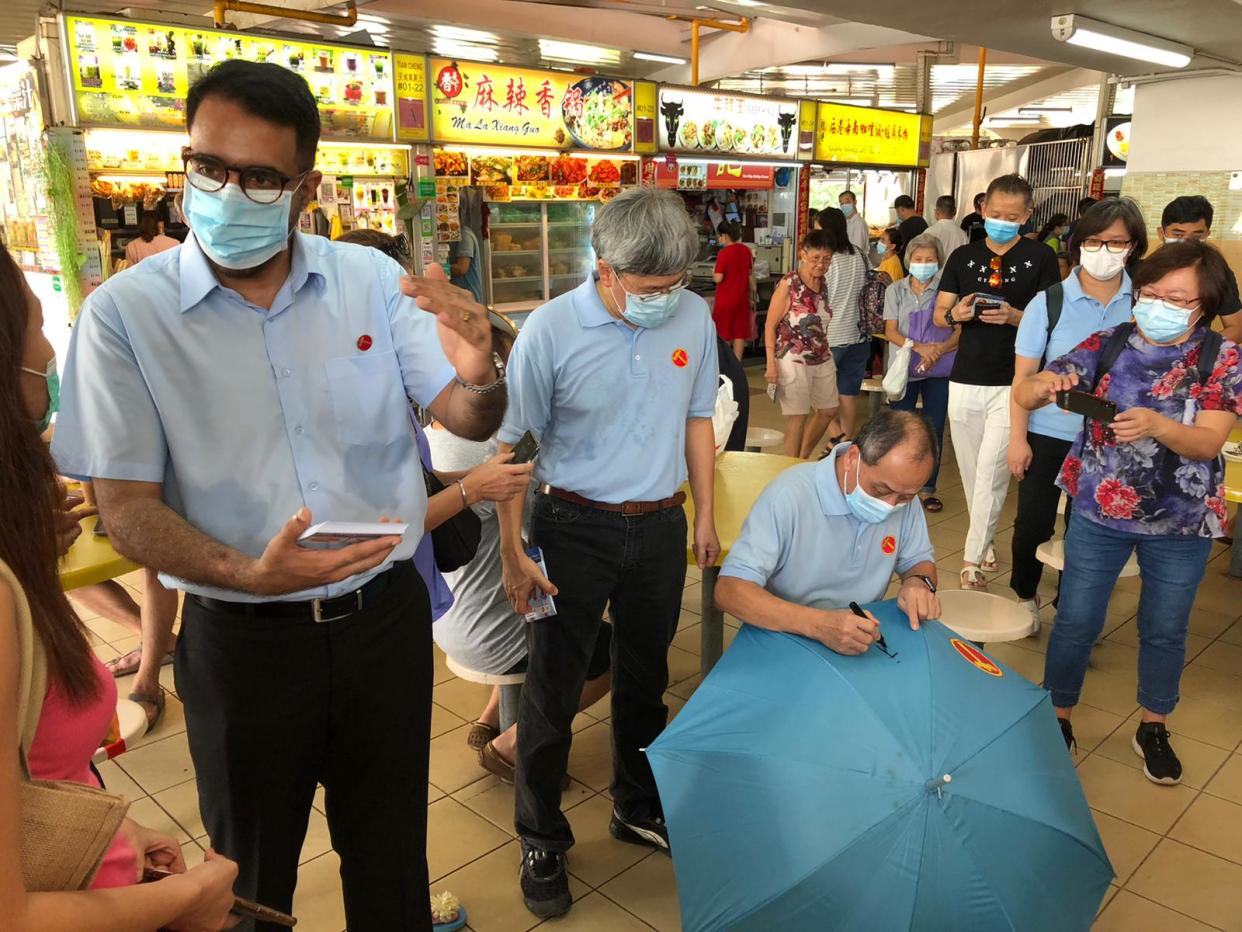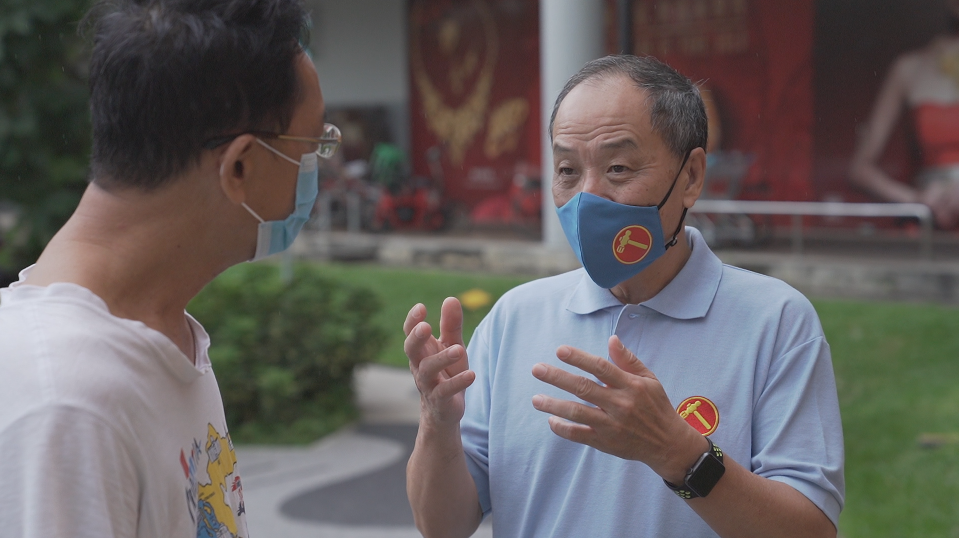COMMENT: Low’s departure has accelerated the Workers’ Party’s transition - but at what cost?

SINGAPORE — Days before Singapore goes to the polls, the decision by Workers’ Party strongman Low Thia Khiang not to contest GE2020 is still reverberating - but it should not have come as a surprise. Those who have been following Low since his entry into party politics 38 years ago would know that this is a natural follow-up to his decision to hand over the leadership baton to a younger man at the party’s 60th anniversary dinner in 2017.
However, giving up politics at the relatively young age of 63 is unusual in Singapore. And Low is a fighter, not a quitter. So why did he give up? Sources say that it has all to do with pride, perhaps a particularly Chinese kind of pride.
The opposition leader did the impossible by leading his party to victory in Aljunied GRC in 2011, the first time the ruling party had lost a highly-prized constituency. But Low must have calculated that the People’s Action Party (PAP) taking back Aljunied was a real possibility, especially after his party won it by a very narrow margin in 2015. And he had to act to save face.
Saving face

Face, for this former Nanyang University student, is nearly everything.
I went back to his article in Walking with Singapore, his party’s book that was released to mark its 60th anniversary, and some of the interviews he has given over the years. His deep sense of anger over the closure of his alma mater, as well as his inability to study political science at the National University of Singapore because he was told the standard of his English was not good enough, must have left a deep scar.
Imagine such a man reaching the pinnacle of opposition power within two election cycles. Imagine also that he is now facing the possibility of losing a constituency that he and his team won with sheer guile, guts and a shrewd sense of timing.
In 2011, Low sensed that the PAP was heading for a beating because the government had allowed too many foreigners into the country. Singaporeans had to fight with migrants and foreign talent to get into MRT trains and had to join long queues for government flats. He then crossed into Aljunied with his team and dislodged two ministers and one senior minister of state.
That sense of timing must have come into play again. Would he want to lose all that success, made all the more praiseworthy because it was achieved against an entrenched ruling party, just like that? With the possibility of bankruptcy over financial impropriety involving the town council hanging over his head, would he want to leave his political career in tatters?
A party weakened?
But here is the rub. By not contesting this election, he has made the Workers’ Party look vulnerable. While Pritam Singh, his successor, has shown a steady and calm demeanour in handling the PAP’s onslaught, there is no doubt Low is being missed by his supporters, especially the Chinese. The party’s “strategic error”, as Singh put it, in sitting out a TV debate in Mandarin, just shows how the party misses Low’s political sharpness and tutelage. The decision didn’t go down well with that important demographic.
What has made it worse for the party was the decision by Hougang MP Png Eng Huat to also stay away from GE2020. It was a double whammy that meant Singh had to worry not just about Aljunied but also Hougang. Singh had just started to blood some of the newbies like Raeesah Khan and Jamus Lim for GE2020. Now, he has to hurry the transition as the Low-Png blow sinks in. A couple of candidates from East Coast had to be moved to Aljunied to shore up the GRC, thus making it look like a low hanging fruit for the PAP.
In the wake of a recent bad fall, which resulted in the loss of his sense of smell, Low cited party renewal and leadership succession as the reason for throwing in the towel. But many of his supporters must have felt that this fighter is not the type who gives up easily, no matter the circumstances.
P N Balji is a veteran Singaporean journalist who was formerly chief editor of Today, as well as an editor at The New Paper. He is currently a media consultant. The views expressed are his own.
Follow Yahoo News Singapore’s GE2020 coverage here.
Stay in the know on-the-go: Join Yahoo Singapore's Telegram channel at http://t.me/YahooSingapore
General Election stories:
Low Thia Khiang: Most memorable quotes from his 32-year political career
COMMENT: Pandemic politics and Singapore's general election
COMMENT: Why master of the moment Low Thia Khiang is stepping down



